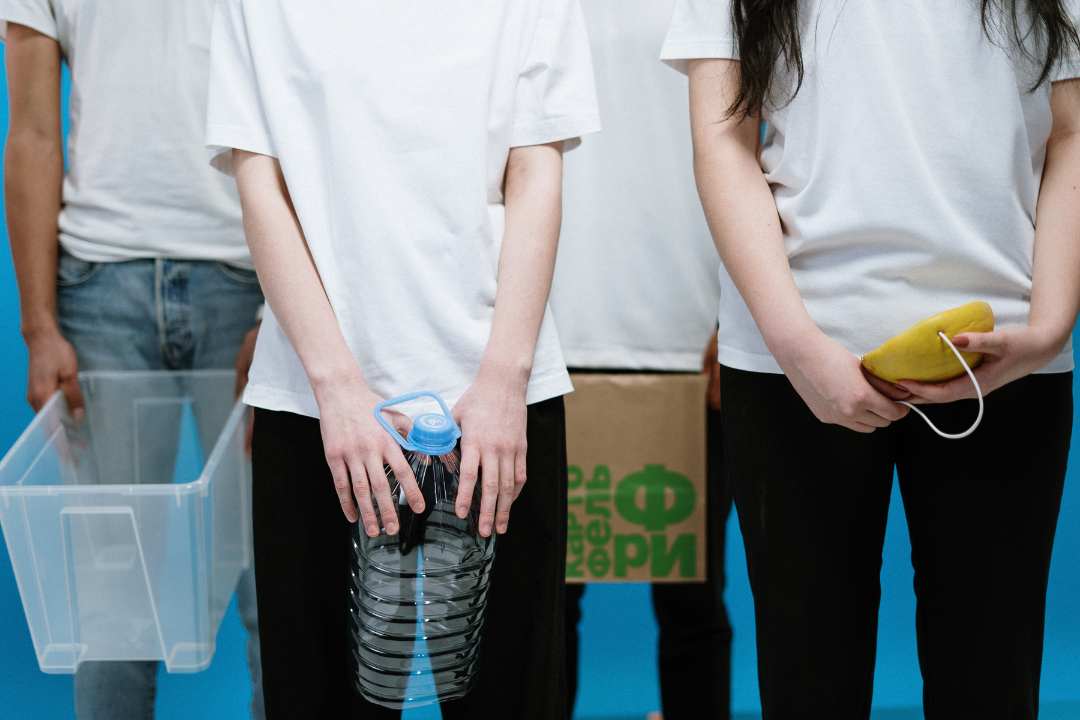Cost-benefit analysis of establishing Materials Recovery Facilities

This project's final report and evaluation was completed on 22 June 2020
Project approach
The Limestone Coast LGA engaged the University of South Australia and BDO EconSearch to assist in the development of a business model to test the establishment of a Material Recovery Facility (MRF) in the Limestone Coast. The engagement involved high level assessment of whether the costs in recovery, possible processing and reuse of recyclable materials within a regional context are achievable. The cost benefit analysis used a range of data and assumptions gathered by investigating similar facilities in Australia to analyse four different options. These options varied in scale and capital intensity, with the aim of testing the viability of constructing and operating a local MRF in the Limestone Coast region. The analysis did not extend to emerging technologies and how these might modify the local costs/benefits of an MRF.
Project achievements
An assessment framework that would include a cost benefit analysis (CBA) to determine the net benefit of a range of alternative options for the management of recyclable waste in the Limestone Coast region. The high-level rationale for this project is for councils to gain some control over the escalating costs in waste management, through: An analysis of a council-operated Material Recovery Facility (MRF): Consideration of different broad technologies and their related costs Taking account of the end uses of recycled materials within the region and the potential for public/private business partnership opportunities..
Project outputs and outcomes
The primary output is a model that enables a business case to be developed to assist councils in making more informed decisions on the following:
- Economic analysis of whether or not they should proceed with the establishment of MRF, either in partnership or standalone
- Operating models of required infrastructure for converting recycling to a usable product
- Recycling streams available for reuse and applications
- Project risks and risk allocation
- Business partnership opportunities
- The model will be transferable to any regional council or group of councils.
Project distribution
The project will develop a model that will assist a group of councils or individual councils to assess a business case for their recyclable waste stream. A positive analysis would indicate potential for councils to:
- gain control of costs of managing recyclable waste streams
- lower the risk associated with market forces and material prices
- increase the opportunity for local reprocessing businesses (local circular economy)
- provide a cost-effective option for waste from local businesses
- create employment opportunities
- reduce transport costs due to reduced travel distances to the sorting and reprocessing facility
- increase transparency and assist evidence-based decisions related to waste management.
- Each Council has access to the Final Report
Performance measures
The project will produce a model that will enable regional councils to evaluate options and opportunities in managing recycling waste. Each council will be able to develop a business case based on their own individual needs, or collectively as a group of councils.
This project has significant commercial opportunities. Investigations into the use of recycling have to date focussed on large volumes. Little has been done to investigate opportunities at a local and regional level for councils and businesses to establish partnerships to manage recyclable materials. For example, plastic car bumpers could be pelletised regionally and incorporated into asphalt road seals. The technology exists and is being used, with source materials transported long distances, when they could be made available locally. Other opportunities exist with paper reuse through pulping, and reuse of glass.
Evaluation
The project evaluation was conducted by the LCLGA Board and LCLGA Regional Waste Management Steering Committee.
